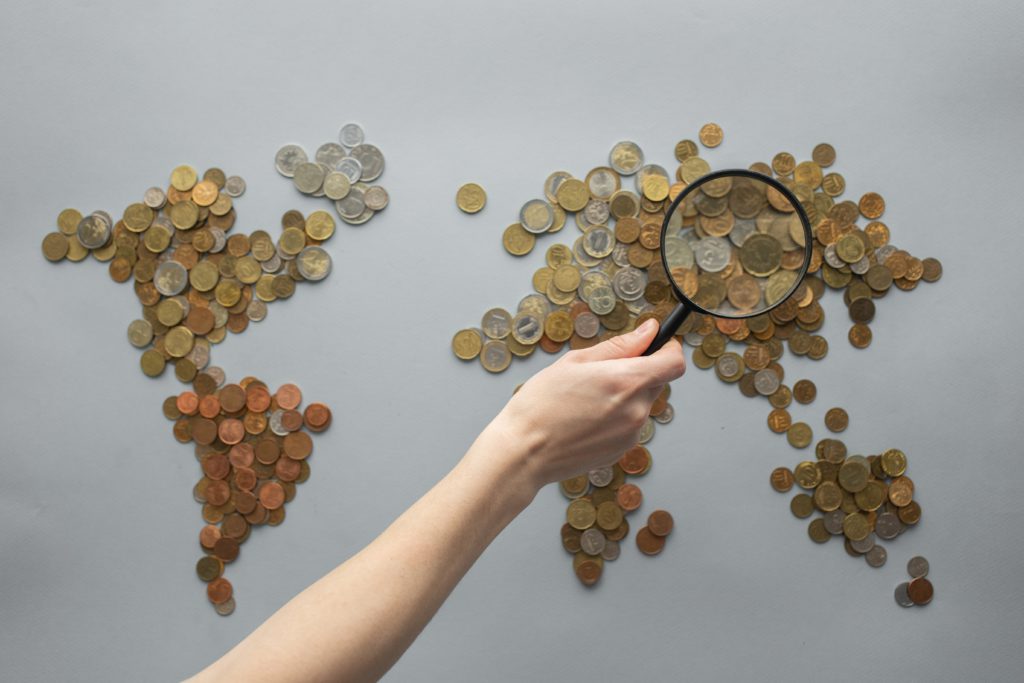 Author, Mike Smith
Author, Mike Smith
Last Updated on August 2nd, 2024
If you are not in the habit of making international transfers for either personal or business reasons, an IBAN number may be an unfamiliar term to you.
In this article, we will show you how to get a Natwest IBAN number, what it looks like, and why it’s important.
When it comes to sending money from abroad to a Natwest bank account, one thing you’ll need is your Natwest IBAN number.
For further information about international money transfers with Natwest, our guidance link has everything you need to know!
What is a Natwest IBAN number?
A Natwest IBAN number is a technical term for an International Bank Account Number.
It is, simply put, a variation of your regular bank account number which is used for international money transfers.
It starts with the country code “GB” for the United Kingdom, indicating a British account.
Then there’s a two-digit check digit to ensure accuracy.
After that, a four-letter bank code, “NWBK” represents Natwest.
The account number itself can vary in length, but it is usually around 8 digits for Natwest.
When combined, your Natwest IBAN number will look something like GBXX NWBK12345678.
How to find your own Natwest IBAN number
Finding your Natwest IBAN may seem complicated but it is relatively simple.
The easiest way is to use your Natwest online mobile banking app.
Log in and navigate to the section where your account details are displayed. You may have multiple accounts, so select the one you need to use, whether it’s a current or savings account.
Click on the correct account to access its details.
Take a careful look at the account information provided. A good tip is to look for a subsection or tab that mentions “IBAN” or “International Bank Account Number”.
This is where you’ll find your unique Natwest IBAN number associated with your account.
Please take note of the complete IBAN number, as it will be displayed in a specific format, including the country code, a check digit, Natwest’s bank code, and your unique account number.
Here’s a quick tip: it’s well worth writing down the IBAN number or perhaps taking a screenshot for future reference.
This is because your money transfer provider may ask you to double-check this before they finalise your payment.
The IBAN makes sure the money gets to the right bank and the right account.

What will I need to use my Natwest IBAN number for?
The simple answer is that if you’re dealing with international transactions, you’ll most certainly need a Natwest IBAN.
A good way to think of it is as though it is your passport for sending and receiving money internationally
Whether you’re receiving funds from overseas or need to pay for goods or services abroad, purchasing the holiday home of your dreams, the IBAN number acts as your unique identifier for your bank account.
Quick Summary
- A Natwest IBAN number is needed for international bank transfers whether sending to or receiving money from abroad.
- Your Natwest IBAN number is unique and is an identifier for your bank account.
- A Natwest IBAN contains 16 characters.
- Your Natwest mobile online banking app is the best way to find your Natwest IBAN number.
Understanding Natwest bank charges with international transfers!
One thing we highly recommend keeping a close eye on when making international transfers to a Natwest account is the varying levels of bank charges.
Natwest fees can vary depending on the transaction you wish to make, such as currency conversion charges or wire transfers.
Sending money from abroad to your Natwest account using your IBAN number is something that Key Currency can assist with, saving you a considerable amount of money on fees and exchange rates in the process.
Key Currency is a leading money transfer specialist based in the UK, and we pride ourselves in offering you a person-to-person service, just like the banks used to do before the dawn of the digital age!
Expert guidance on exchange rates can help you avoid losing money through bad timing and adverse currency fluctuations.
You can have peace of mind knowing that all money transfers are conducted through safeguarded client accounts.
Key Currency is an FCA-regulated Authorised Payment Institution (No. 753989).
Get a quote today and let our team of experts manage your international transfers with efficiency, giving you complete peace of mind.

Further Guidance & Tools
Pound to Euro Converter (Live Rate)
 Author,
Author, 

